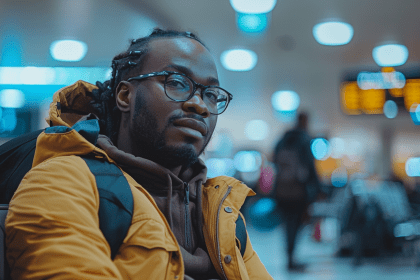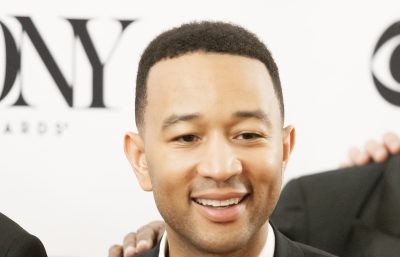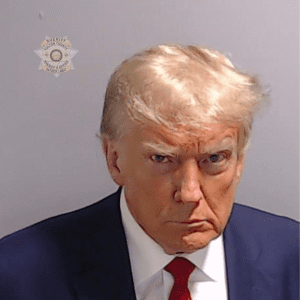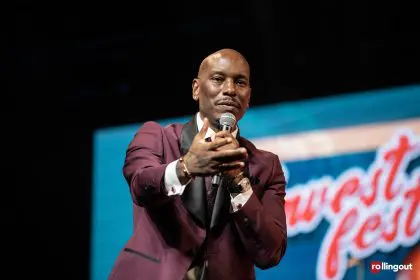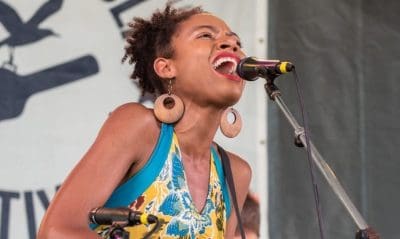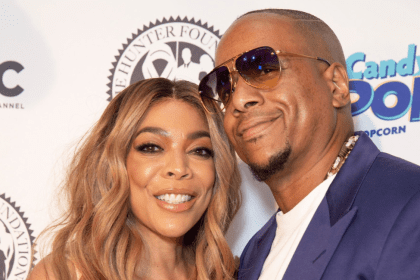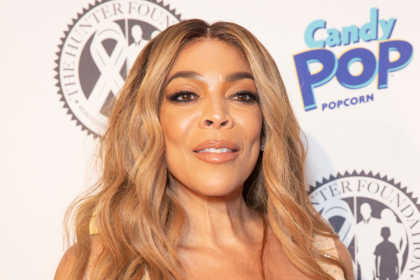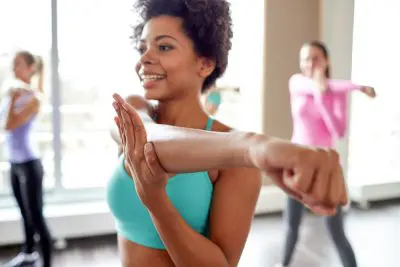 I have asked some black people if they watch “Dancing With The Stars.” Some say, “Yes,” and we engage in robust conversation about the dance competition and discuss our favorites or debate the weak contestants. These people don’t concern me. It’s the others that do.
I have asked some black people if they watch “Dancing With The Stars.” Some say, “Yes,” and we engage in robust conversation about the dance competition and discuss our favorites or debate the weak contestants. These people don’t concern me. It’s the others that do.
The “others” are those who either don’t watch the show or, for some reason, detest it. Their eyebrows arch or frown, they may cock their heads to the side perplexed, then promptly inform me, “That’s not my thing,” or “That’s for white people.” And that’s where our conversation often ends because “DTWS” is my “thing,” I’m not white, and I’m neither sorry for nor ashamed of either.
I imagine a writer on Stuff Black People Don’t Like summarized well the feelings of some blacks who don’t like or refuse to watch “DWTS” when he blogged:
Elegant dancing such as the tango, foxtrot, and waltz represent a form of dancing rarely performed in the black community, thus they are perceived as being somehow less culturally significant. A lack of black participation in an event, vocation or activity is grounds for huge problems, but the lack of black people participating in rigged, European forms of dancing is not considered that vexing of a problem.
The blogger went on to say, “Because of the belief that black people are superior dancers, any dance routine that black people fail to excel in is void and probably stifles their artistic creativity anyway.”

Since I was a child, I have enjoyed watching what some people might call “white” sports, such as gymnastics, figure skating, skiing, yes, ballroom dancing and even dog and horse shows. Skeptics may be thinking at this point, “She must act white. I bet she grew up around a lot of white people.” No, I grew up in the mostly black part of a mixed community, which also was reflective of the schools I attended. From what I can recall, my schools were predominately black, and most of my friends then and now are black. I attend a black church (which does have a handful from other races), and I’ve married black men and produced black children.
But, when it comes to hobbies and entertainment, I like what I like, and that’s that. I have no explanation for it either. I liken it to how a man or a woman is attracted to this person, but not to that person. I am drawn to that which makes me jump inside and makes me smile like a child.
Do I like “black” activities? I sure do. I enjoy black film and TV programs, black music, black art, African singing and dance, football, black men and the list goes on. The point is, when it comes to my entertainment preferences, I am “black,” and I am “white,” if that’s what people want to call it. I am eclectic, and I am free to be me. And this should be the case without judgment. Why do we as black people have to put everything in little boxes, label them, and pass judgment? Besides, years ago, “black dancing” and “white dancing” had numerous similarities.
On theroot.com, Nsenga Burton said, “[The show] is as cheesy as the costumes, but what’s fun about it is rooting for your favorite dancers, whether or not they’re good, and awaiting the results in that 1980s, ‘Star Search’ kind of way.”
To say there are “black” things to do and “white” things to do is to limit who we are as a people. If given the chance and the proper resources, as proven on shows like “Dancing With The Stars” and by black people who do “white” things well, black people are capable of doing anything and everything.

